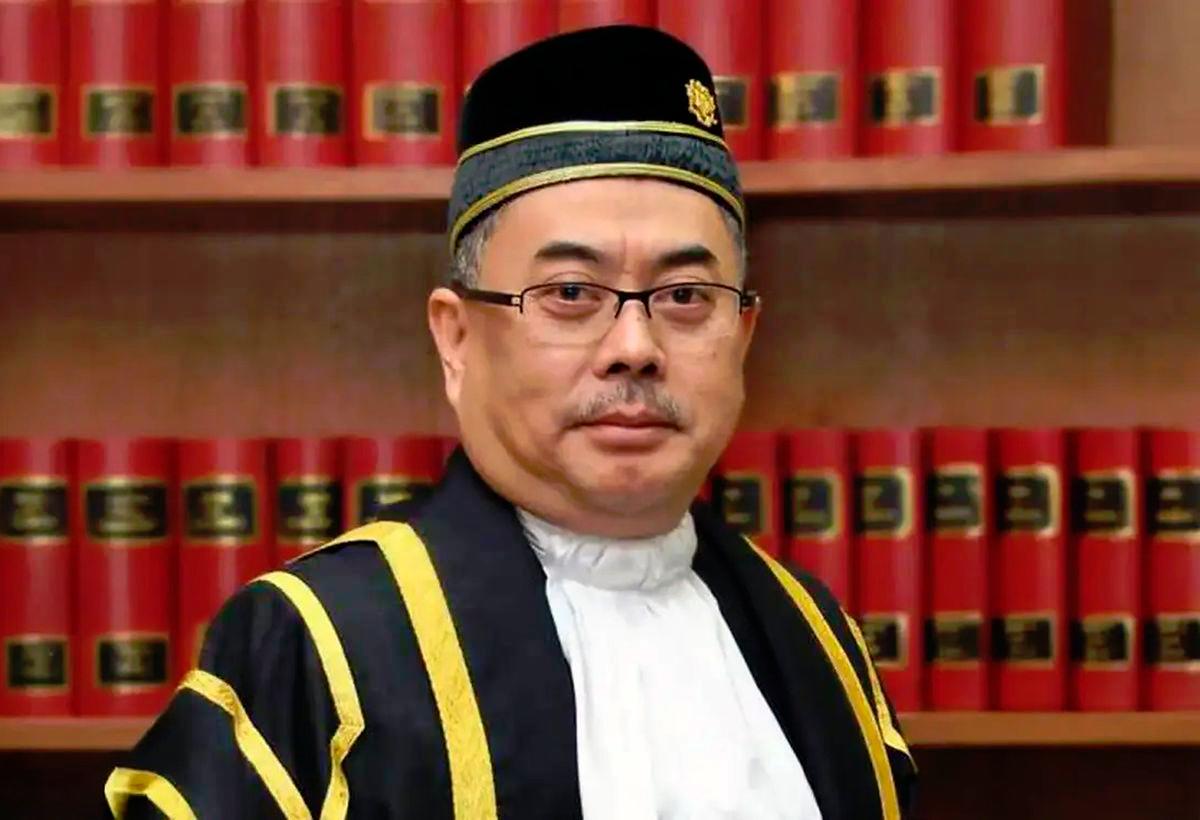PETALING JAYA: The appointment of Datuk Wan Ahmad Farid Wan Salleh as Malaysia’s new chief justice has drawn positive reactions from members of the legal community, that expressed hope his leadership would reinforce judicial independence, uphold constitutional values and enhance public confidence in the justice system.
Constitutional expert Datuk Wan Ahmad Fauzi Wan Husain described the newly appointed chief justice as coming from a respected and well-established family in Terengganu.
“His grandfather Datuk Perba Wan Mahmud served as a magistrate before the formation of the Federation of Malaya, while his father Datuk Perwira Negara Wan Salleh was a former religious commissioner.
“Wan Ahmad Farid’s diverse background, which includes experience in legal practice, politics and the judiciary, positions him uniquely to lead the country’s top court.”
Wan Ahmad Fauzi said having served as a senator, deputy minister and judicial commissioner, Wan Ahmad Farid has been exposed to all three branches of government under the Yang di-Pertuan Agong.
“This breadth of experience can benefit the judiciary. I believe four years is a sufficient period for any CJ to implement meaningful reforms and uplift the image of the judiciary.”
He also expressed hope that under Wan Ahmad Farid’s leadership there would be a renewed emphasis on Section 3 of the Civil Law Act 1956 (Revised 1972) to further develop Malaysia’s legal principles.
Former Malaysian Bar president Salim Bashir described the new chief justice as a figure known for his fairness, integrity and objectivity.
“As a former practising lawyer, he understands the needs and challenges of the legal profession.”
Salim also expressed hope that Wan Ahmad Farid would further strengthen judicial independence and help shape a justice system that is modern, progressive and on par with international standards.
Constitutional lawyer Bastian Pius Vendargon emphasised the importance of upholding the principles of merit, independence and transparency in judicial appointments.
He said the Federal Constitution provides a clear framework for judicial appointments and that understanding the rationale behind such decisions could help foster trust in the system.
Vendargon also outlined what he believes should be among the top priorities for the new chief justice and senior judges – to demonstrate that the judiciary remains independent and free from executive or political influence.
“It is equally important that the judiciary continues to uphold the oath of office, to preserve, protect and defend the Constitution in its broadest sense.”









